Born Different
'Mistake' writer-director Honey Lauren opens on her historical drama about an intersex person's struggle to right a family's wrongs.
September 22, 2024
Honey Lauren has wanted to write and direct the movie Mistake — about the life of a child born intersex to a tobacco-farming family in the South in 1941 — but she was the only one on board.
“The rep I was with at the time said that was a terrible idea, terrible,” she remembers, now that the movie is in the can and beginning a journey on the festival circuit. “I'm actually grateful that I didn't do it, because I think I matured more as a human in 23 years.”
Intersex issues have progressed in that time, too, with “LGBTQIA” becoming the go-to for describing the queer community. That is being driven by greater awareness, including studies like this one, which found intersex people exist in 1.3 of every 1,000 births — more than previously thought.
Still, her challenge was to create a narrative piece that is affecting, not just a teaching tool. Whether or not Lauren has succeeded is something audiences are about to decide — and the moment of truth for Lauren and for her star, Dominic Bogart, has been a long time coming.
You had a long journey with Mistake!
Well, to be honest, it's... Yeah, in many ways, yes. But by the time we shot this, we were able to actually shoot it. What really affected us was the SAG strike. I had to get permission to shoot this. It was hard because I had to get to this spot I needed to get to before all the tobacco was gone. It was like, “Is this really happening?” We had to pay through the nose, but nonetheless, we were able to shoot on time.
I look forward to reviewing it. Until then, what inspired the story?
As somebody who writes films and is a writer in general, I don't know how it is for you as a writer, but I know that for me, sometimes I don't know where the actual idea comes from. But I can tell you that I almost always know where the seed of the idea comes from. For me, I know exactly the seed of the idea for Mistake. When I was growing up — I didn't know what it was at the time — but growing up, I was absolutely convinced I was a different gender. This was a very long time ago. Please don't ask me how old I am. [Laughs] I grew up in LA. That's a groovy place to grow up. I dreamed I was a boy. I just knew a mistake had to have occurred, because my name was Honey, and I was a boy. And this wasn't a tomboy thing. This was almost like a pre-verbal thing.
“I call it the year I was a boy.”
My mother was a single mom at that time, and was pretty amazing. She didn't seem to have any anxiety about it, thankfully. That was before I knew what that would be. Then by the time I was 7, I went full-out Lawrence. I was Lawrence! Cut my hair off and only wore boy clothes. She had to buy them at Sears, like, slims. My brother wore Huskies. I was really in that identity. I will say I call it the year I was a boy. I remember it. I remember a lot, but I have to tell you that as an adult, when I look back on this, I would always wonder what it was. I didn't understand it. I just knew I had this other identity. It doesn't go away once you're a grown up. It's just always in you. I thought as a writer, I might write about it, but true to form, I never write about myself in a way that is biographical. It's always very nuanced.
So Mistake is really very personal, indeed.
It is, in such a way that I didn't even realize it until after, as we were doing it and watching Dominic Bogart, the actor, just, I had this almost like a soul feeling for him because I felt like he was … I knew who he was. And growing up, there were a lot of boy fights. It was a time when we did these things. Different, such a different time. And certainly this, I guess, body ... No, excuse me, this gender dysphoria that I believe I had. I believe that's what it was. It's very strong in me. I do think, “Well, what if? What was that? If things were different?” I'm at peace where I am. I'm glad that I'm Honey, but it's just one of those things that stay inside of you.
How did you go about finding an actor who could be as empathetic as you are to the story?
That is a definite hurdle I had to go through. I found wonderful actors, many that could do that rage, that angry rage, but they couldn't get to that other side, that vulnerability. And with Dominic, I saw it in him. I saw it in his ... I certainly saw that testosterone push, that too-much drug. I was able to see that in his work. I remember watching one of his tapes. We did audition a couple of times, but when I watched his tape, I remember seeing this one little baby part of it at the end of the tape where I went, “Oh, my God, there it is.” It's just that men don't have, in general, actors, don't have that opportunity to do a range like this. I saw a glimpse of that super vulnerability a couple of times in his work, and I went to go meet him, and I was like, “This is the one.” It's a very hard role, I must say. It's a hard role for any actor to undertake.
You need someone who can bare-knuckle brawl and queen out over Ann-Margret.
To have the openness to go there, right? I remember him saying to me, he said, “Honey, I'm trying to watch movies with [this quality], and I only found women. I found Meryl Streep.” He said, “There aren't men who do this.” I said, “Watch Meryl Streep. Watch whatever you need to watch.”
In the film, your protagonist — Larry — has an extremely close bond with a childhood friend with a learning disability, who later becomes his love interest. How long did Dominic and Jiji Hise have with each other before filming?
When we put out a casting call, I asked the women, the actresses, to talk in a high voice. That meant something to me because I felt like she never had a voice. But more than that, she just ... At that time, growing up in 1971 and being as old as she was, it was almost like she was stuck. I just really wanted that characteristic. Very few actresses tried it, but we did a broad look, a casting call. There's a casting site where it allows actors to not have agents to just throw in their tape if they want and to ask for an audition. We did ask her to audition, and she was out in New Mexico. I thought she was just that girl so much. I go, “Isn't that sweet that this girl wants to be an actress?” Because any actor could put their stuff up there and ask for an audition. Then I realized she was an actress. That’s how good she was as Lily. As it turned out, Dominic was working on a series in New Mexico, where she lived, but in a different city. I went there and she came and I got to do a callback with them in person.
I remember jumping up and down in that hotel room. It's a bad habit because as I'm taping it with the casting director, and I'm literally jumping up and down. I'm like, “Oh, stop it. That's distracting to everybody.” But that's what I do.
Lily has to be played with child-like innocence.
Lily absolutely doesn't complicate things, which I love. Yes, she has had her burden to carry in life, which has made her have wisdom. I think, too, just the power of his beautiful love with her, it just lets her come out more. I think that love will do that. It makes you the best person you can be.
The script is tackling the issue of being intersex, but Lily is an outsider herself — she would have been called “slow” 50 years ago.
Absolutely. I feel like she doesn't count, almost. I think that her challenge is, if it was today, I feel like her IQ is lower, but I think she'd be living on her own and having a job, and she may not be able to go to college, but certainly that doesn't mean that she doesn't have wisdom. Also, the times back then were different. It is interesting how these two come together.
Larry’s parents — Matt Bogart and Kay Lenz — are characters that walk a tight-rope between loving their child and not understanding what intersex truly is.
We looove Kay Lenz. Casting the parents, I got to tell you, the father, I knew that we had to find a way to keep a sympathetic view of everyone involved, including him. He is a hero in the last great war, and the way he acted is, sadly, in step with the times. How else would he have been? I think that Matt — Dominic's brother, by the way, in real life — he showed me who Father was. I knew Father, we had to love him, and he made me love him. I do think that it was important that we kept everybody, like I said, sympathetic, and he finally did it. I saw a lot of name-y actors who were mad at me for auditioning them, but it was so important that we didn't hate him.
“ I think now is the time for people to hear this and to see it.”
Is the issue of being intersex still a huge issue for new parents?
I think more than ever, people will be stigmatized still. I think the understanding is very limited with the average person. I was very excited that I got so many emails. I saved them all. People I've never met, just were so in love with the script and the story. They kept thanking me. In some ways, things have changed, in some ways they haven't. I can't say too much. I can't give away the movie, but I will say that there are things in the movie that are glaring changes that have happened. But I will say, at the same time, there is a lot of misunderstanding around it, even though now they’re saying it may be as common as red hair. It sounds so hippie-dippy, but I got to say, I think now is the time for people to hear this and to see it.
How long was the shoot?
Twenty days. We did shoot the Kentucky and Tennessee portions a couple of weeks prior, and that was just a couple of days, but mostly B-roll, a couple of scenes, mostly B-roll. But the gist of it was shot here in Los Angeles for the South. We tried to create our own world in this holler.
The LGBTQIA+ community can be highly critical of films that are not completely positive, and Mistake certainly has dark aspects. Did you consider that when creating it?
I couldn't tell the story differently. I would not be authentic in telling the story. That's just ... That would be a cop-out. I'm hoping people see the hope there. The way that this movie can make a person feel, can change the way they think. My goal is to make even one person change the way they think. I think that's really important, rather than having some false statement that would not ring true and just wouldn't happen.
What was it like directing yourself — you play cool Aunt Peg, Larry’s idol.
I don't recommend it. [Laughs] I don't care how good you are, I don't care how bad you are, you need a director. I would say that it was difficult, actually, but I'm glad I did it. I'm glad I did. I'm happy that I had the opportunity.
“I just want people to embrace difference.”
What do you most hope people take away from the film?
I hope that people can understand that while there's fear around difference, we need to embrace it and not be afraid of it. I just want people to embrace difference. It's really a story of alienation, right? It's universal themes of alienation and love and identity. I hope people walk away from there just feeling more hope than not hope, and not be so fearful of differences that we all have. Every single person in this movie.
What's coming next for Mistake?
We're just starting this journey of putting it out to the festival world. It's our hope, of course, to get as many eyes on it as we can and to get it into a place that it will be seen. Usually, with films like this, you work to get it into every festival that can bring attention to it and sell the movie — which I'm sure we will.
And after Mistake?
I co-wrote a script with Jon Niccum, a western, but it's a gender-bender western, of course. There's a queer element in it as well. It's called Rifle Doll, and I'll be working with Brad Wyman [Monster], who is also a producer on this. It’s in the western genre, so people expect this trope or that. This one's not like that. I wouldn't even know how to do that. This is definitely a beautiful love story — the best kind. ⚡️

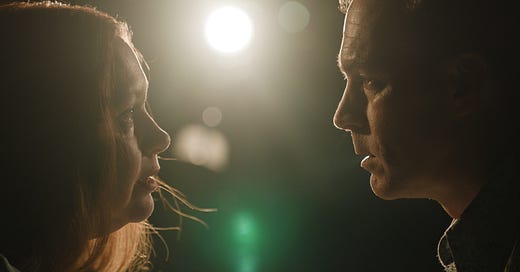



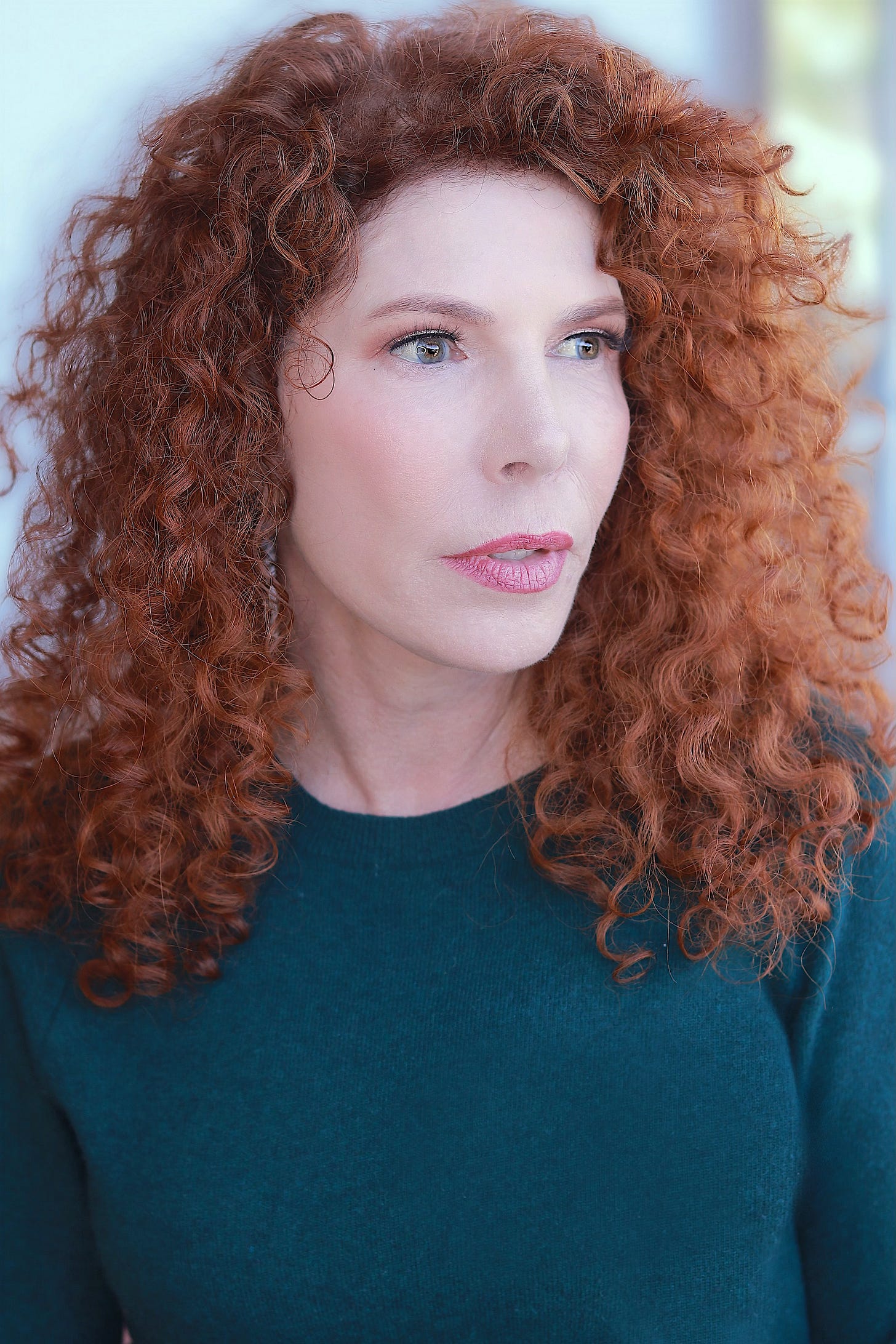
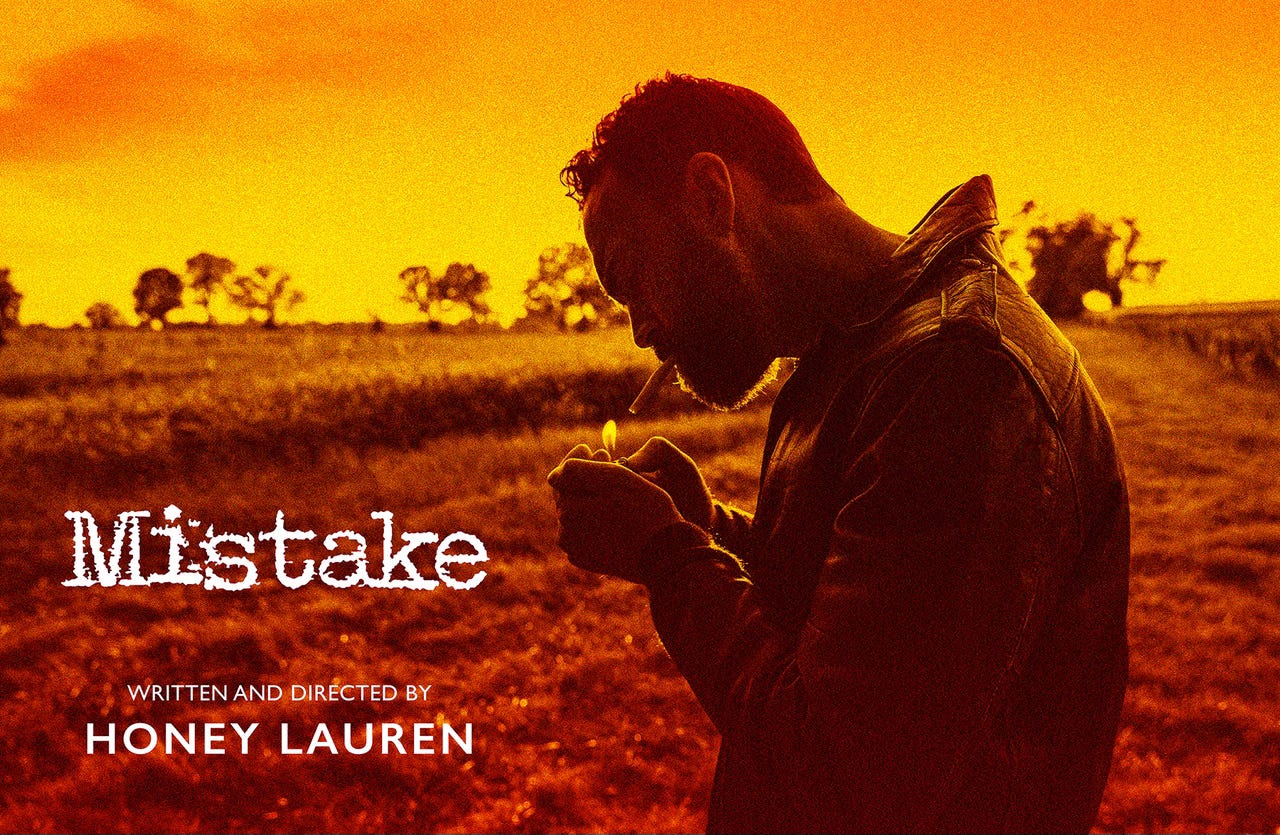
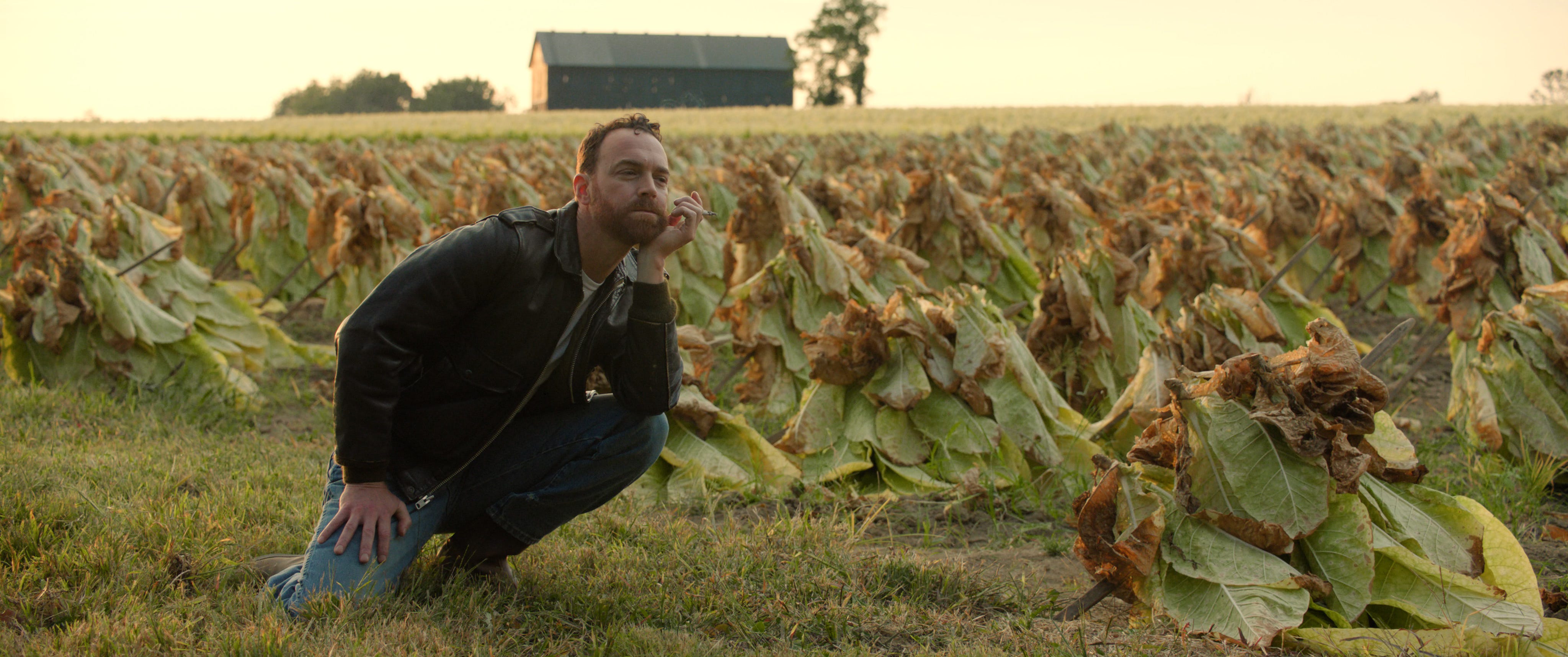
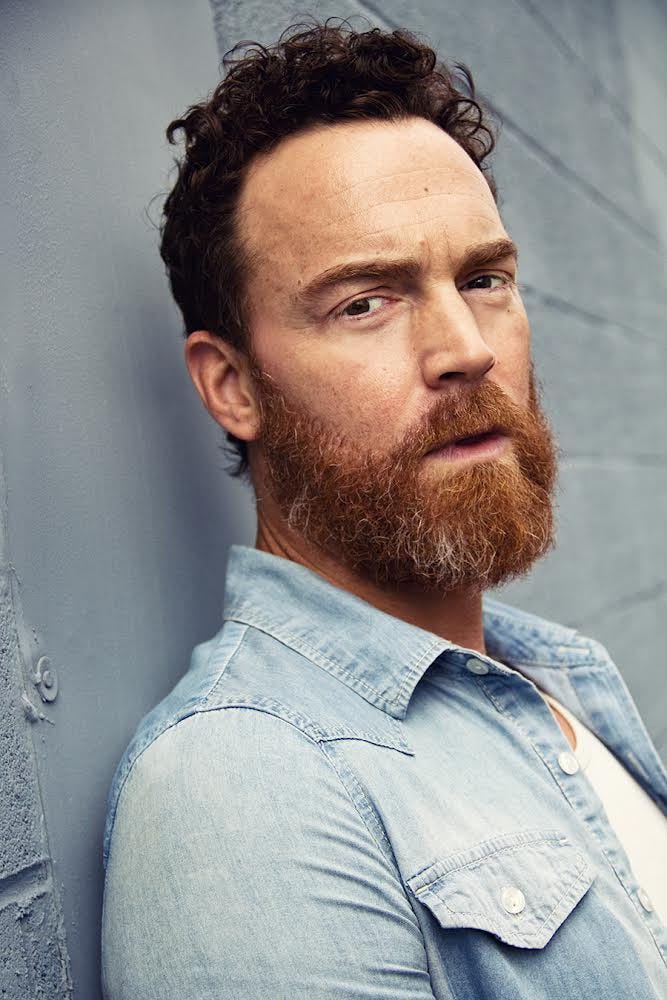

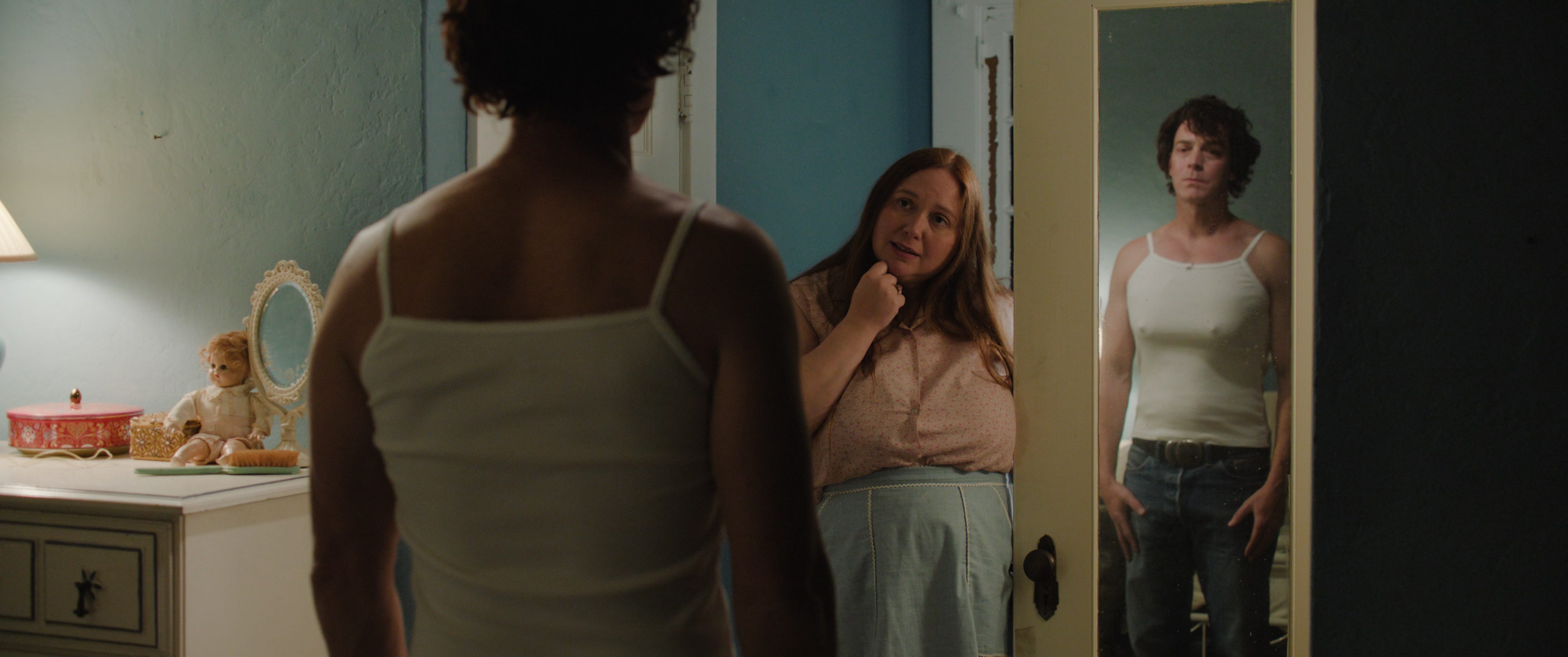
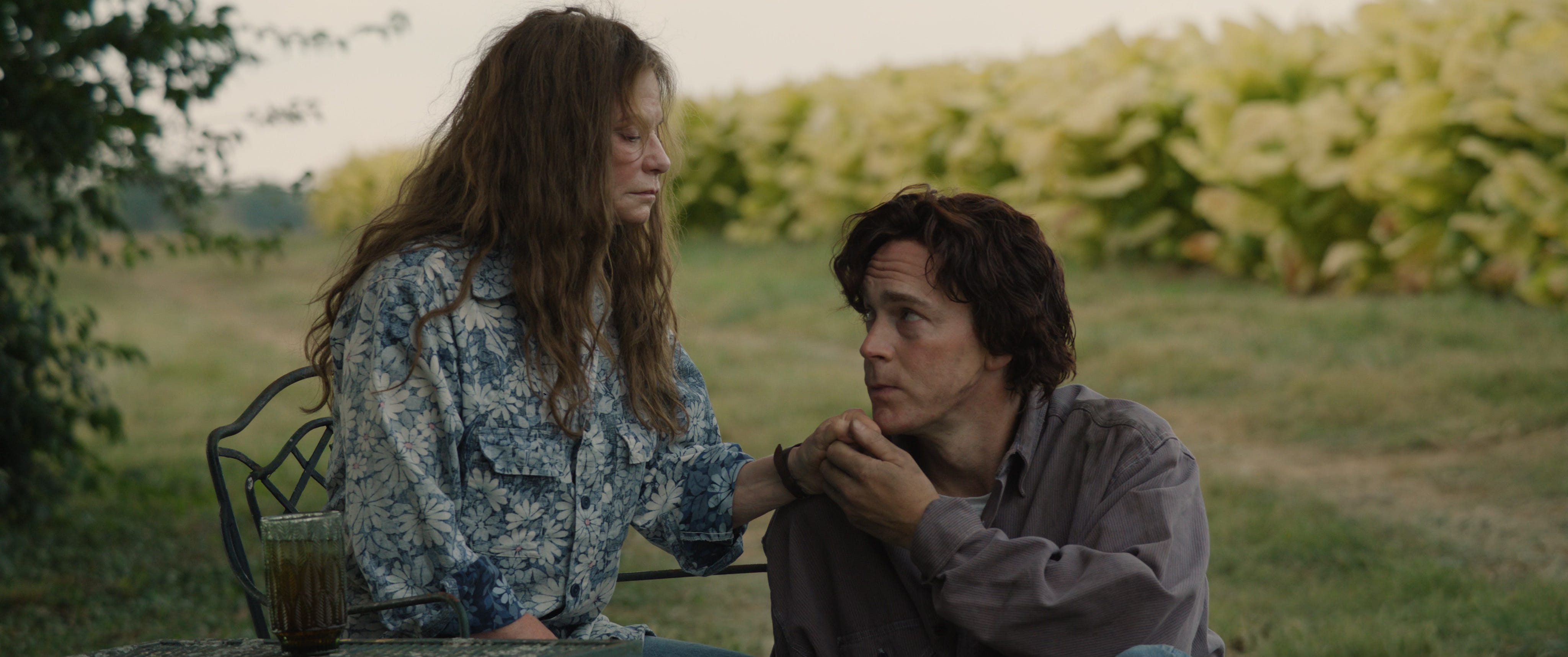
Great article. Looking forward to watching! Congratulations Honey!